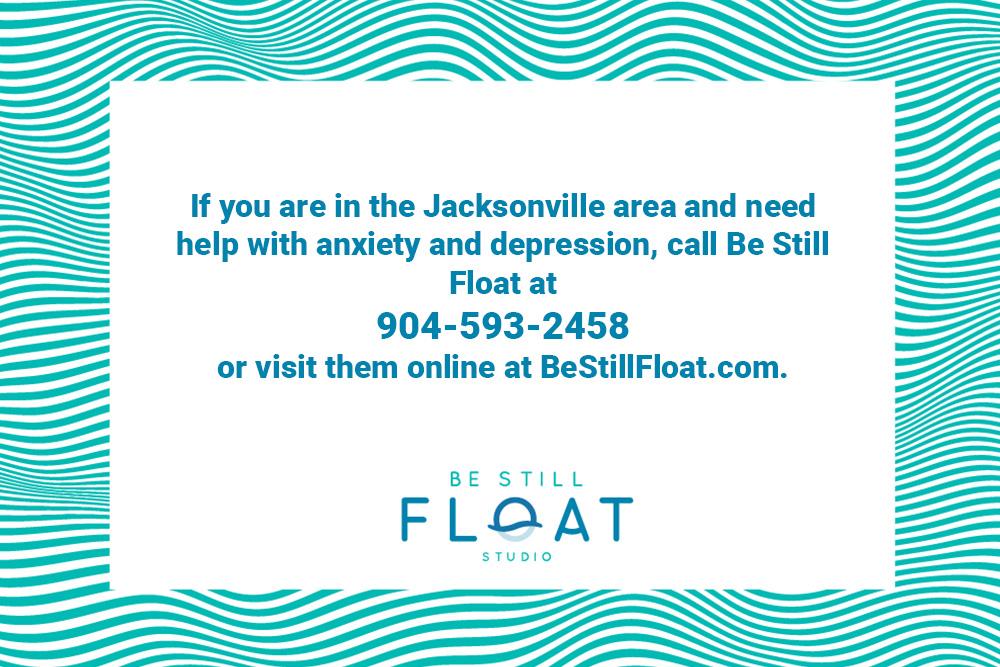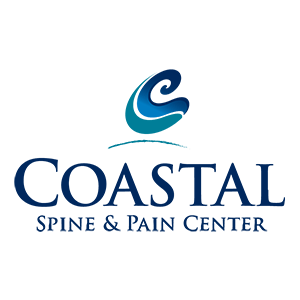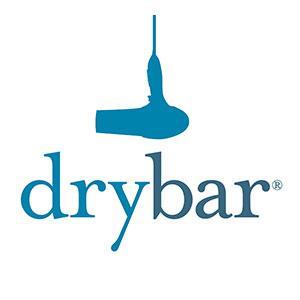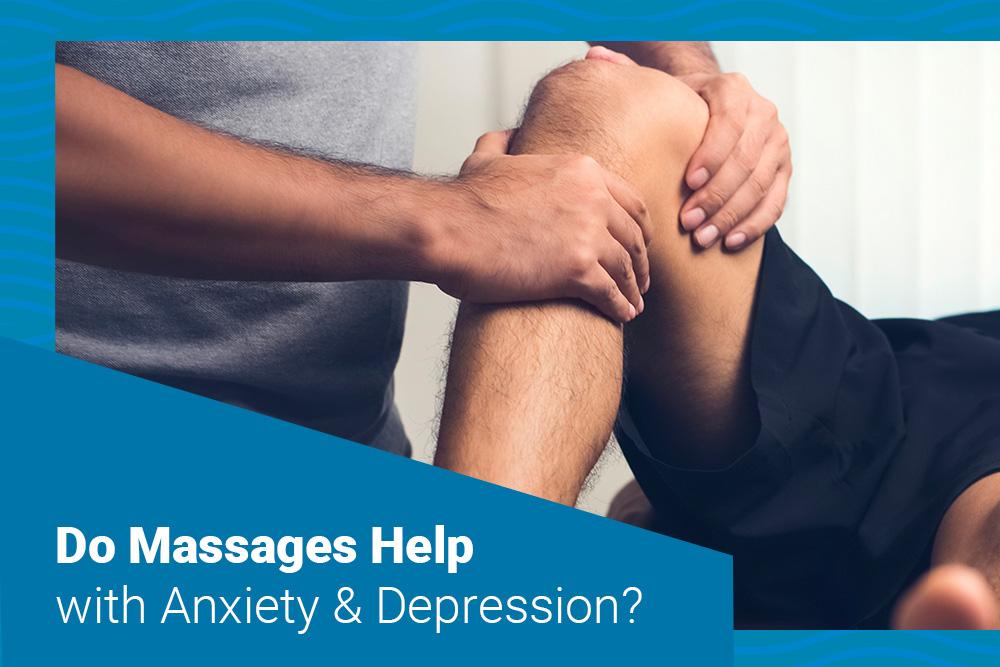
It is as inevitable as the sunrise that everyone has, is, or will be affected by stress and anxiety at some point in their life. Even though it is impossible to avoid or remove either altogether, the good news is there are effective and noninvasive ways to relieve stress and anxiety that everyone can perform on a daily bases.
Stress is the psychological manifestation of physiological responses to negative situations and events, such as the loss of a job or the death of a loved one. Situations that involve major life changes perceived as positive, such as buying your first house, welcoming a new baby into the family, or getting married, create a type of stress known as eustress.
Even though it is omnipresent, most people are able to deal effectively with the stress they experience. However, because it is not the stress itself that causes problems but the inability to deal with it, unresolved stress can lead to a variety of health issues. Aside from a plethora of more serious health conditions, like heart disease, hypertension, stroke, headaches, insomnia, mental focus, and weight gain, the two most common conditions stress causes are anxiety and depression.
Defining Anxiety
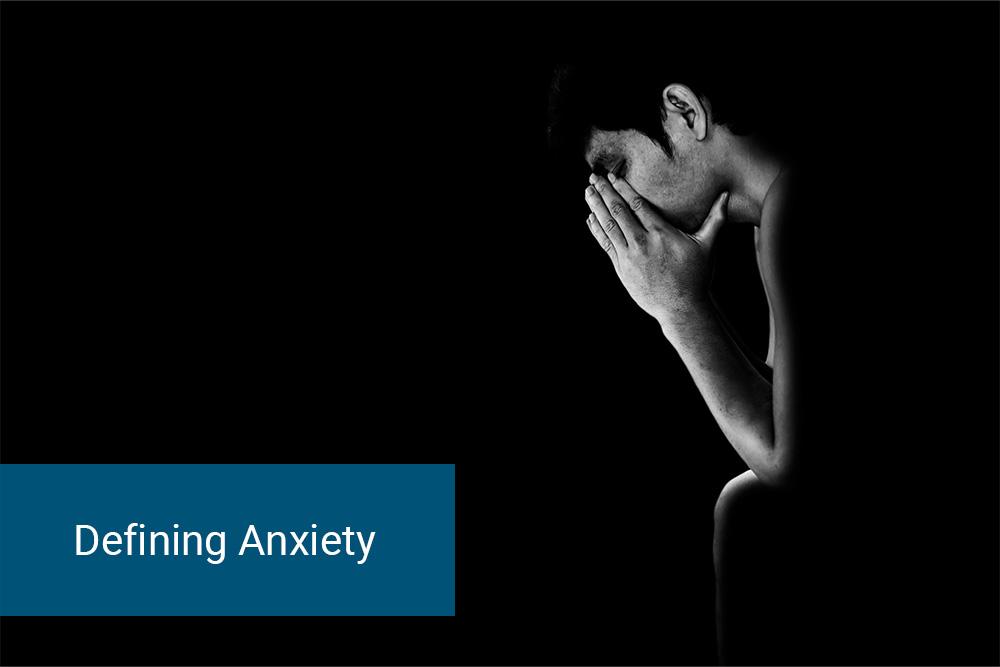
Anxiety is characterized as an emotional state of feelings of dread or worried thoughts. Temporary anxiety is normal and even to be expected in some everyday situations, such as when taking a test or speaking in front of a group of strangers. However, a prolonged or perpetual state of all-consuming anxiety that is present in the absence of a stressful event is an indication of a deeper underlying issue. Signs that you may need help with anxiety include:
- Becoming easily fatigued.
- Being constantly on edge.
- Frequent mental confusion.
- Insomnia.
- Irritability.
- Physical issues include headaches, muscle aches, digestive issues, or unexplained pains.
- Restlessness.
- Uncontrollable feelings of dread.
Defining Depression
Arriving at a straightforward definition of depression presents a challenge as it has a fluidity to it that can make it difficult to both describe and diagnose. Symptoms are often unique to each individual, and depression is frequently secondary to a primary mental or physical health condition. Depression is typically more serious than anxiety and can lead to more severe complications if left untreated. Like anxiety, depression is completely normal after experiencing a tragic event. However, long-term depression can result in major health complications if left untreated.
Symptoms of depression include:
- Loss of interest in activities, family, friends, and pets.
- Irritability.
- Disturbed sleep patterns such as insomnia or sleeping more or less than usual.
Physical Link to Anxiety and Depression
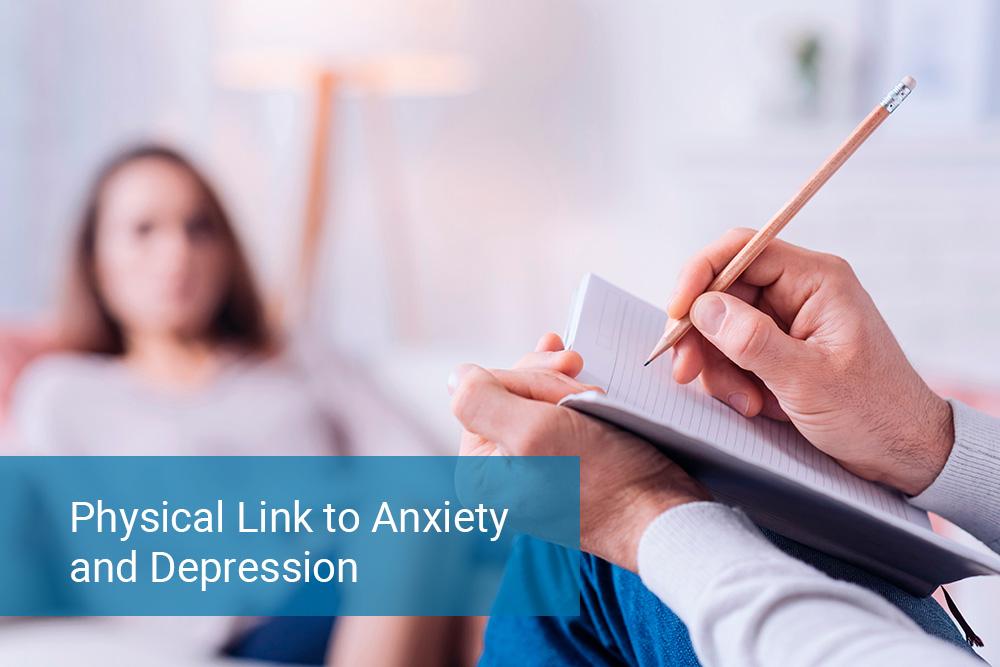
When the body experiences stress, it is perceiving a threat and prepares to address it by producing the hormones adrenaline, norepinephrine, and cortisol. This state of arousal is referred to as the “fight or flight” response, where the body is preparing to either confront or fight the threat directly or get away from it by fleeing. If either of these actions occurs, the hormones are burned off, and the body returns to its normal state of homeostasis. However, when neither the fight nor flight responses occur, and hormones are not burned off, norepinephrine and cortisol accumulate in the body. Of the two, cortisol is the more problematic. In addition to increasing energy to allow the body to handle stress, cortisol regulates blood pressure and the sleep cycle and reduces inflammation. If cortisol levels remain too high over a prolonged period, health problems will typically develop and often require people to need help with anxiety.
Effective Treatments for Anxiety and Depression
While the traditional treatments are counseling and prescription drug therapy, anxiety, and depression can often be effectively treated with holistic stress-relief methods. Two of the most effective and noninvasive techniques that help with anxiety and depression are exercise and massage therapy.
Exercise
Exercise is one of the best ways to relieve stress as it performs the exact function the body was preparing itself for when it produces adrenaline and cortisol and is highly effective at burning off these hormones. Additionally, exercise releases a group of over 20 peptide hormones called endorphins. These hormones, the two most prominent being serotonin and dopamine, are the body’s natural painkilling opioids that relieve pain and create an overall feeling of mild euphoria, commonly called “runner’s high.” Together, these endorphins can help alleviate stress, anxiety, and depression.
Massage Therapy
While many people think it is just for pampering yourself, massage therapy is a highly effective way of reducing stress and alleviating, even possibly preventing, the all-too-often subsequent anxiety and depression. Scientific research supports the effectiveness of massage therapy in helping to reduce high levels of cortisol, which is often the cause of anxiety that can, in turn, lead to depression. Not only does it help with anxiety and depression, but massage therapy is also one of the most effective ways of relieving muscle stiffness and soreness that can sometimes accompany exercise. Together, exercise and a massage can be a highly effective one-two punch to help knock out stress, anxiety, and depression.
Clinical Studies
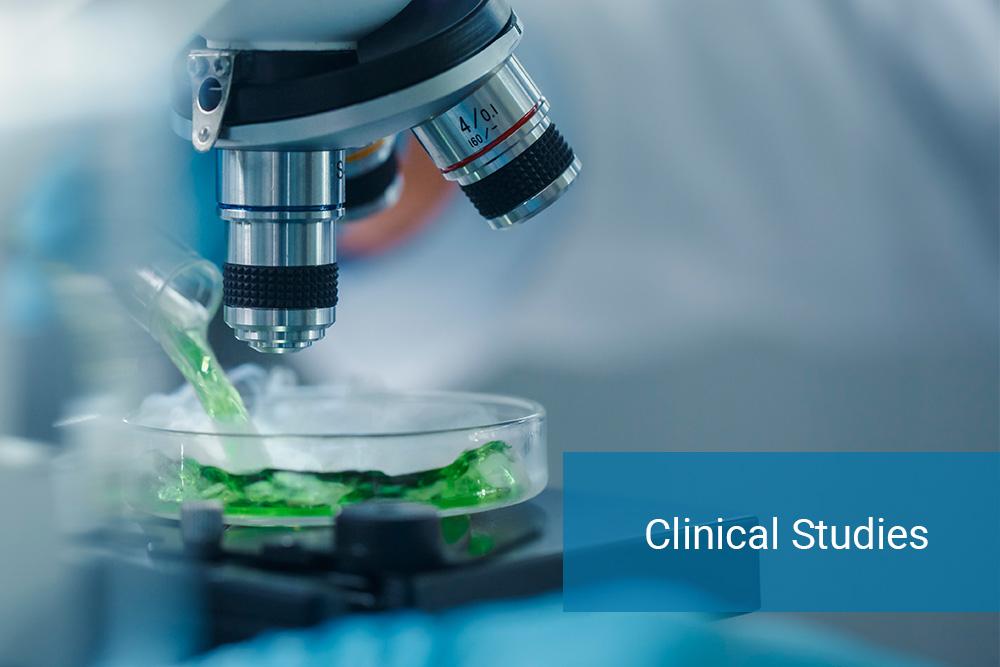
Multiple studies have found that high cortisol and norepinephrine levels negatively alter brain chemistry, damaging hypothalamus neurons that directly contribute to anxiety onset. In an article published by the American Massage Therapy Association, professor of psychology at the University of Wisconsin–Stout, Christopher Moyer, Ph.D., states that massage therapy may have a similar mechanism as psychotherapy to reduce stress and help with anxiety. The research shows the effect of massage therapy on some forms of anxiety and depression is almost identical to studies showing the effectiveness of psychotherapy for identical conditions. Another 68-person study found massage therapy was equal to traditional means of psychotherapy, believed due to a generalized relaxation response.
Massage therapy, when used as part of an integrated treatment program, is one of the most effective ways to relieve stress as well as treating severe cases of depression and anxiety. Dr. Mason Turner, who serves as the chief of psychiatry at San Francisco’s Kaiser Permanente Hospital, cites a five-week study that found massage therapy is an effective treatment for depressive symptoms believed due to its ability to relieve muscle tension and help to lower cortisol and norepinephrine levels. Yet another study found participants who received massage therapy saw a 50 percent reduction in cortisol levels and had reduced anxiety tests and lower job stress scores. The study showed reduced levels of both cortisol and norepinephrine after just a 30-minute massage session and also increased both dopamine and serotonin levels by up to 30 percent.
Anxiety and depression most often result in feelings of isolation and despair, sometimes even hopelessness. If you are feeling overwhelmed with stress or experiencing anxiety or depressive symptoms, consider getting more exercise and having a massage before resorting to more aggressive treatment. However, if you are suffering from severe or chronic anxiety or depression, please seek professional help immediately. Wellness studio Be Still Float offers several options for stress therapy in Jacksonville, Florida, including massage therapy, sound healing, and float therapy. If you are in the Jacksonville area and need help with anxiety and depression, call Be Still Float at 904-593-2458 or visit them online at BeStillFloat.com.
